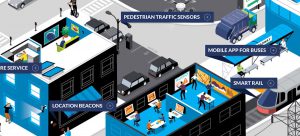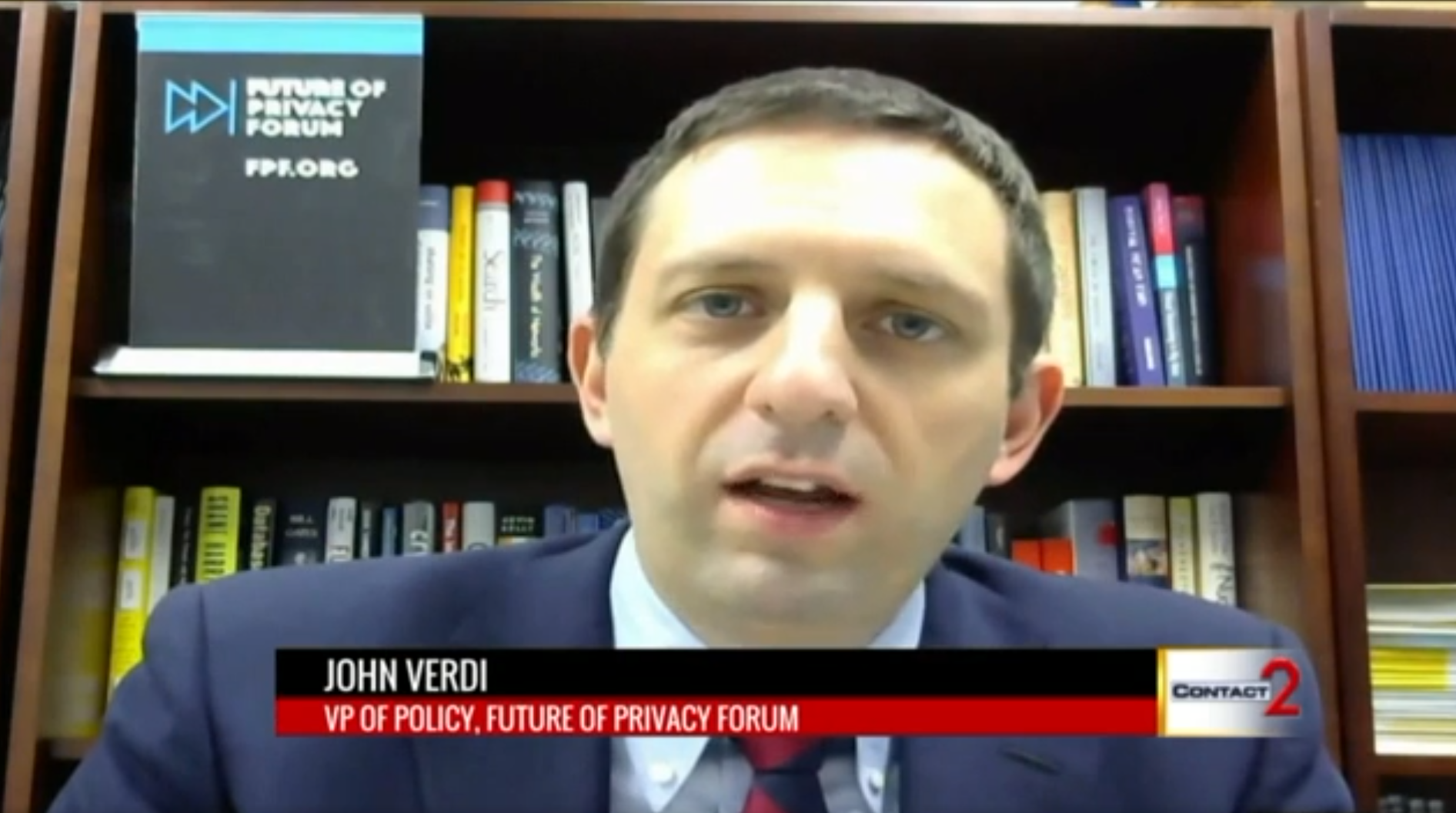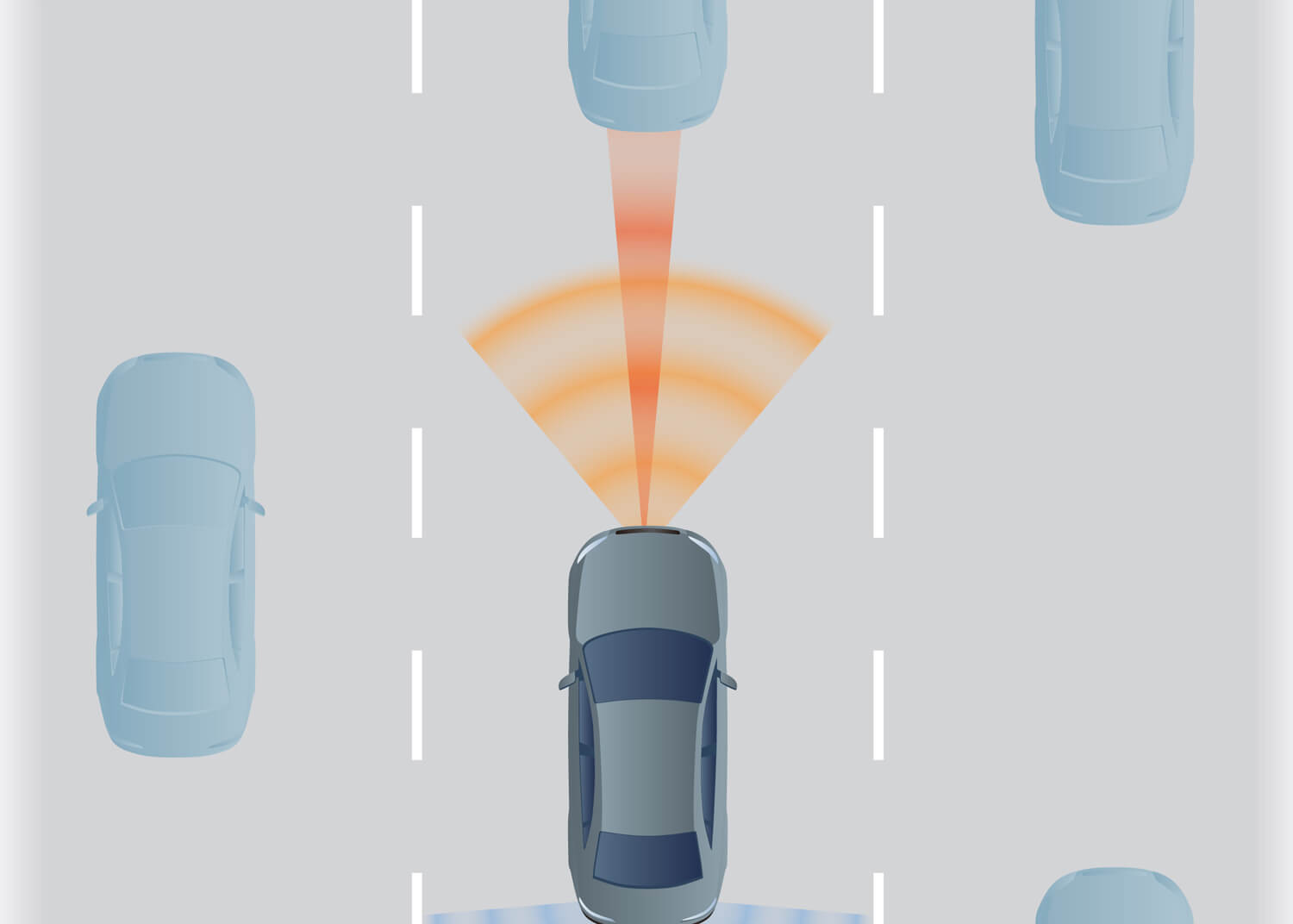Connected technologies and always-on data flows are helping make today’s cities and communities more livable, productive, and sustainable. At the same time, these technologies raise concerns about individual privacy, freedom of choice, and institutional discrimination. How do we leverage the benefits of a data-rich society while giving members of our community the confidence of knowing their privacy is protected? How can we address pressing local problems — from housing to highways, potholes to policing — and deliver public services in equitable, privacy-conscious ways?
Working collaboratively with public, private, academic, and civil society leaders, FPF builds tools and best practices to guide how cities and local communities collect, manage, and use personal data to improve services for individuals. A cornerstone of this work is FPF’s Civic Privacy Leaders Network, a peer network supported by the National Science Foundation that brings together privacy leaders from 30+ local governments across the U.S. and Canada to navigate emerging privacy issues, share practical guidance, and promote fair and transparent data practices.
Visit the Smart Communities Resources web page for a comprehensive list of FPF’s ongoing work in this area.
Featured
FPF Publishes Model Open Data Benefit-Risk Analysis
This Report first describes inherent privacy risks in an open data landscape, with an emphasis on potential harms related to re-identification, data quality, and fairness. To address these risks, the Report includes a Model Open Data Benefit-Risk Analysis (“Model Analysis”). The Model Analysis evaluates the types of data contained in a proposed open dataset, the potential benefits – and concomitant risks – of releasing the dataset publicly, and strategies for effective de-identification and risk mitigation.
New Future of Privacy Forum Study Finds the City of Seattle’s Open Data Program a National Leader in Privacy Program Management
Today, the Future of Privacy Forum released its City of Seattle Open Data Risk Assessment. The Assessment provides tools and guidance to the City of Seattle and other municipalities navigating the complex policy, operational, technical, organizational, and ethical standards that support privacy-protective open data programs.
Examining the Open Data Movement
The transparency goals of the open data movement serve important social, economic, and democratic functions in cities like Seattle. At the same time, some municipal datasets about the city and its citizens’ activities carry inherent risks to individual privacy when shared publicly. In 2016, the City of Seattle declared in its Open Data Policy that the city’s data would be “open by preference,” except when doing so may affect individual privacy.[1] To ensure its Open Data Program effectively protects individuals, Seattle committed to performing an annual risk assessment and tasked the Future of Privacy Forum (FPF) with creating and deploying an initial privacy risk assessment methodology for open data.
Public comments on proposed Open Data Risk Assessment for the City of Seattle
FPF requested feedback from the public on its proposed Draft Open Data Risk Assessment for the City of Seattle. In 2016, the City of Seattle declared in its Open Data Policy that the city’s data would be “open by preference,” except when doing so may affect individual privacy. To ensure its Open Data program effectively protects individuals, Seattle committed to performing an annual risk assessment and tasked FPF with creating and deploying an initial privacy risk assessment methodology for open data.
Roundtable Discussion: Smart Cities and Open Data (2017 MetroLab Network Annual Summit)
The Smart Cities and Open Data movements promise to use data to spark civic innovation and engagement, promote inclusivity, and transform modern communities. At the same time, advances in sensor technology, re-identification science, and Big Data analytics have challenged cities and their partners to construct effective safeguards for the collection, use, sharing, and disposal of personal information.
John Verdi Talks Connected Devices with Fox 2 St. Louis
“What data is being transmitted and what data is being used really depends on the device,” Verdi said. “They can offload that information from the device to servers on the internet that are either controlled by the companies or third parties and there’s some processing that can happen there.”
TEDx Wilmington: What's Driving the Connected Car? Data, It Turns Out.
On Tuesday, October 17, 2017, Lauren Smith, FPF Policy Counsel, presented at the TEDx Wilmington Salon, Who’s in the Driver’s Seat? The Transformation of Transportation. The TEDx included an exciting line up of the leading voices in the connected car space, including FTC Commissioner Maureen Ohlhausen.
FPF Statement on GAO Release of Vehicle Data Privacy Report
A new report released today by the United States Government Accountability Office reviews consumer privacy issues related to connected vehicles. The report examines the use, types, and sharing of vehicle data; surveys automakers to understand how their privacy policies align with privacy best practices; consults experts in the field to understand the issues at play in this space; and examines related Federal efforts.
Smart Cities Need Smart Privacy Protections: FPF seeks public comments on proposed Open Data Risk Assessment for the City of Seattle
The Future of Privacy Forum (FPF) requests feedback from the public on the proposed City of Seattle Open Data Risk Assessment. In 2016, the City of Seattle declared in its Open Data Policy that the city’s data would be “open by preference,” except when doing so may affect individual privacy. To ensure its Open Data program effectively protects individuals, Seattle committed to performing an annual risk assessment and tasked FPF with creating and deploying an initial privacy risk assessment methodology for open data.
The Future of Microphones in Connected Devices
Today, FPF released a new Infographic: Microphones & the Internet of Things: Understanding Uses of Audio Sensors in Connected Devices (read the Press Release here). From Amazon Echos to Smart TVs, we are seeing more home devices integrate microphones, often to provide a voice user interface powered by cloud-based speech recognition.












